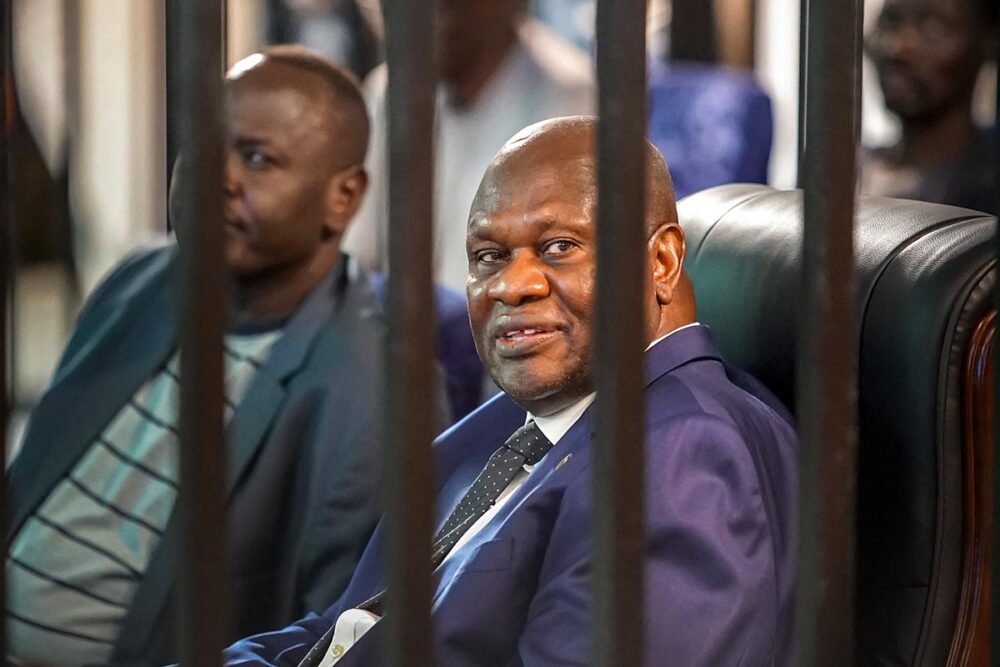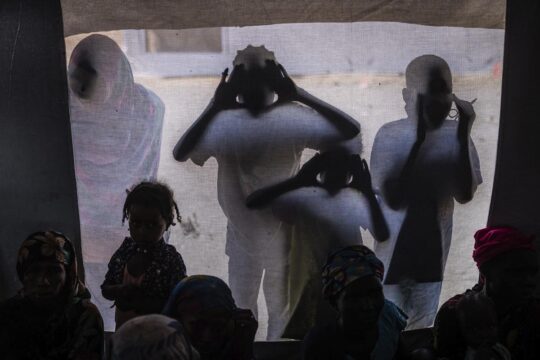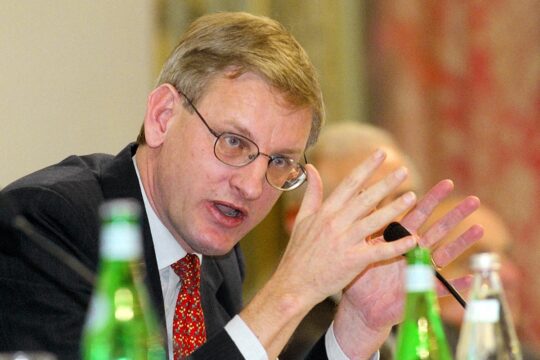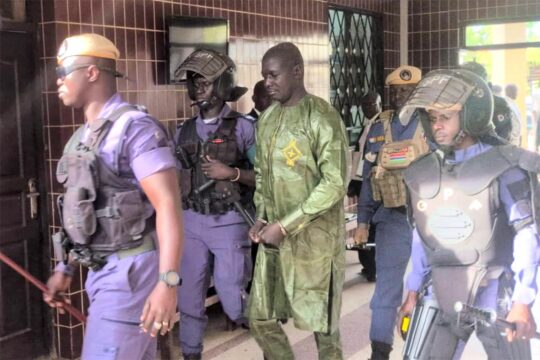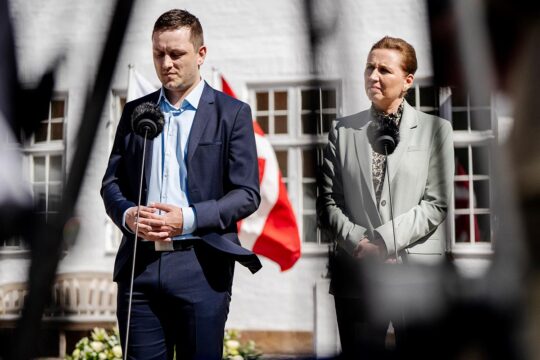In South Sudan, all eyes are on the high profile and politically significant trial of opposition leader, Dr. Riek Machar, and seven other officials in his party, Sudan People’s Liberation Army-in-Opposition (SPLM-IO). The accused are among dozens rounded up by government security following an attack in early March by the White Army, an ethnic Nuer youth militia, on a government army base in the northeast town of Nasir, in Upper Nile state – a Machar stronghold where political violence had been raging for weeks.
On Monday, September 29, a Special Court for National Crimes – established specifically to try the accused – ruled the case may proceed to the merits, rejecting defence team arguments that the court has no jurisdiction because the Nasir attack qualifies as a violation of ceasefire agreements, and should be dealt with by ceasefire monitoring mechanism; that serious criminal charges should be tried by the Hybrid Court, which the 2018 peace agreement calls for; and that in any case, Machar, as First Vice President, has immunity from prosecution.
Government officials say hundreds were killed, including a general, and accused Machar of commanding the attack and “encouraging his forces to rebel.” In late March, security forces placed him under house arrest and detained dozens of others in unknown locations. They were held for months without charges or access to lawyers. On September 11, the minister of justice finally announced charges for murder, treason and crimes against humanity. The same day, President Salva Kiir suspended Machar from his role as first vice president and the petroleum minister from his role in the transitional government.
President Kiir’s battle of succession
This week, the prosecution announced more than 20 charges based on South Sudan’s criminal laws including murder, terrorism, treason and war crimes, and said they plan to hear from more than 100 witnesses. The minister’s prior mention of “crimes against humanity” appears to have been replaced by “war crimes,” though the basis for these charges isn’t clear: South Sudan’s penal code doesn’t include international crimes, and although the Geneva Conventions Act passed in 2012, the legislation hasn’t been mentioned.
The trial began with an investigator reading statements of some of the accused who described being “kidnapped” and detained rather than lawfully arrested, underscoring the due process violations that have so far marred this case. Machar’s party spokesman has called the charges a “political witch-hunt,” and “sham trial” by a “kangaroo court.” Many observers have warned that the whole affair appears politically motivated and signals the unravelling of the 2018 peace deal. Under the terms of that deal, the Revitalized Agreement for the Resolution of Conflict in the Republic of South Sudan, Kiir’s ruling SPLM party shares power with Machar’s SPLM-IO and three other parties until elections are held and the transitional period ends.
Yet the agreement’s timeline has shifted several times and elections have been postponed twice, now until December 2026. The government assures the international community that the agreement is on track, but its most consequential provisions – elections, integration of security forces into a unified army, constitution-drafting, a hybrid court to try grave crimes – have not materialized. Various forces and allied militias continue to fight, often along ethnic lines, across the country including in restive parts of Upper Nile, where the army has used incendiary bombs, which could amount to war crimes.
One analyst called it “the latest attempt by [74-year old] President Kiir, whose health is poor, to side-line his long-time rival and consolidate power as speculation mounts of his eventual succession.” In recent months, Kiir dismissed key allies and promoted a young business partner, Benjamin Bol Mel, to be his new heir apparent. If elections proceed, it is not clear Mel could win or that the regime will survive infighting that results from his ascent. “The government doesn’t want Riek [Machar] to contest in the elections and even if there are no elections, they want to keep Riek far from politics,” another analyst told me.
A warning sign
It isn’t the first time South Sudan’s courts have been instrumentalized for politics. The rivalry between Kiir, who is Dinka, and Machar, who is Nuer – widely understood to be at the root of the ethnic fighting that broke out in December 2013 and ravaged the country just two-and-a-half years after it gained independence – already played out in court in 2014. The government then brought charges of treason against Machar, who fled the country, and 13 others. Months later, authorities released many of the political detainees as part of a peace deal and ultimately dismissed charges against all of them for lack of evidence.
South Sudanese remember this well and see the warning signs all too clearly. The stripping of official positions, use of the courts against political foes, and delaying peace agreement implementation with conflict simmering all around do not bode well. South Sudan’s Civil Society Forum called for judicial independence, due process, and restraint from “political interference or incitement,” noting that the case “will have profound implications for peacebuilding, national healing, reconciliation, and justice for all South Sudanese people.”
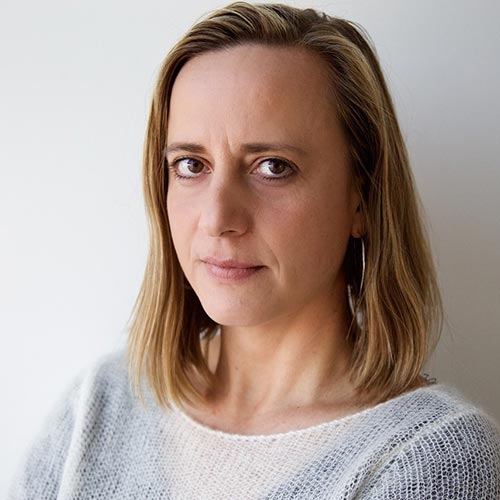
Jehanne Henry is a human rights advocate and a former East Africa director at Human Rights Watch. She has followed developments in Sudan and South Sudan since 2006.


